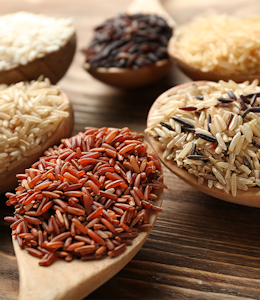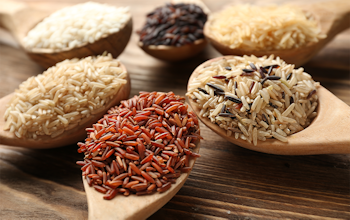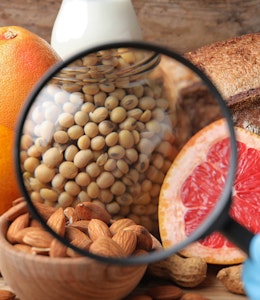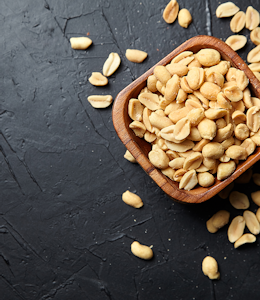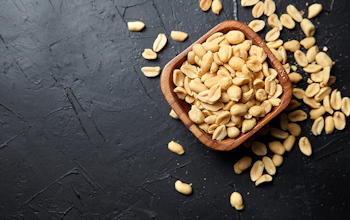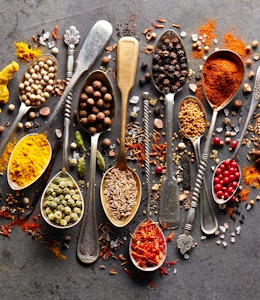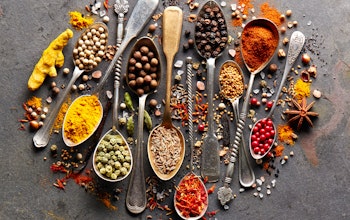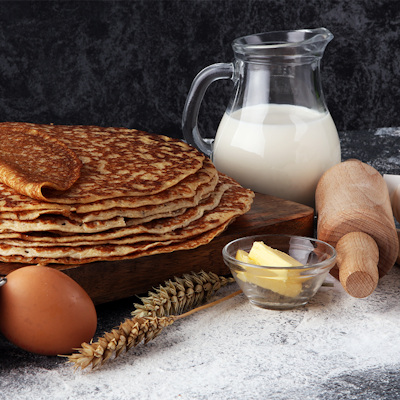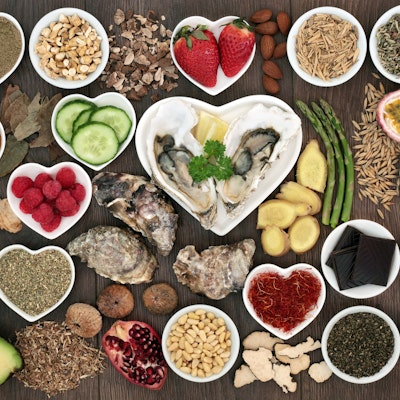Is rice an allergen? Can you be allergic to water? We answer all your allergy FAQs

We’ve rounded up the answers to all the most common questions around the subject of allergies and allergens.
They are:
- What is a food allergy?
- How much of a food allergen does it take to cause a reaction?
- What is the difference between an allergy and an intolerance?
- Is rice an allergen?
- What are the most common food allergies?
- What are the 14 major food allergens?
- Can you be allergic to water?
- Are bananas an allergen?
- What are the symptoms of a food allergy reaction?
- Does corn contain gluten?
- Can you be allergic to alcohol?
- Are allergies linked to asthma?
- What is the number 1 most common food allergy?
- Are mushrooms an allergen?
What is a food allergy?
A food allergy is the adverse, sometimes even fatal reaction of a person’s body to a particular food or drink.
An allergy occurs when a person’s body misidentifies a harmless substance as being dangerous, and triggers a reaction from the immune system. These reactions can vary, and include anything from uncomfortable itching to life-threatening anaphylaxis.
A person with an allergy will be allergic to specific proteins in a food - for example, those with an allergy to Milk and dairy can be allergic to the proteins in the curd, the proteins in the whey, or both.
How much of a food allergen does it take to cause a reaction?
How much of a food allergen is needed to cause a reaction in a person with an allergy to that food depends on the severity of the allergy.
Some people can have a reaction even breathing in airborne peanut particles, or kissing someone who has drank milk, whereas others will only suffer a reaction after consuming a substantial amount of their allergen.
Symptoms of an allergic reaction usually appear within an hour of consuming the allergens, often immediately.
You may also be interested in…


You may also be interested in…
What to do if your Customer has an Allergic Reaction: Full Guide
ReadWhat is the difference between food allergy and food intolerance?
The difference between a food allergy and a food intolerance is that an allergy affects the immune system and an intolerance does not - instead it affects other areas of the body such as the digestive system. For a deeper understanding of allergies, intolerances, sensitivities and the differences between the 3 you can see our guide on the subject here.
Is rice an allergen?
Rice is not one of the major food allergens, and is in fact a common substitute for allergen ingredients.
Many people with a dairy allergy choose to consume rice milk as a dairy Milk alternative, and rice flour can be used instead of wheat flour in many recipes by those with an allergy to Cereals containing Gluten.
What are the most common food allergies?
In the UK the most common food allergies are those covered in the 14 major food allergens. You can find a list of these in the next section.
Caterers and food businesses are required by law to be able to provide customers with accurate information on the EU’s 14 major food allergens if they are included in any of the food products they produce, sell or serve.
What are the 14 major food allergens?
The 14 major food allergens are:
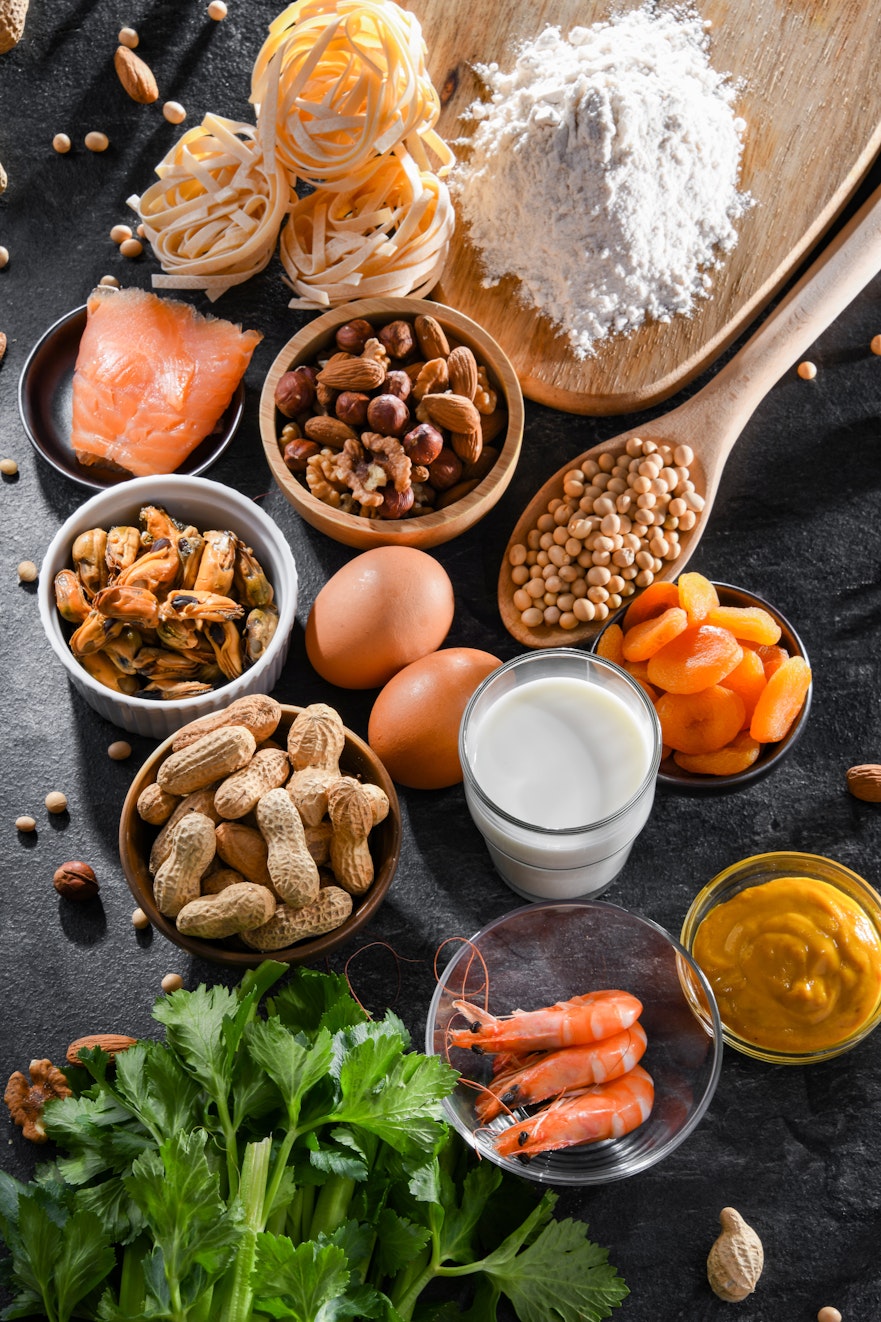
Can you be allergic to water?
You can be allergic to water but it is very rare. Aquagenic Urticaria is a condition in which skin contact with water can trigger symptoms of an allergic reaction, though they are able to consume it orally.
Are bananas an allergen?
Bananas are not among the 14 major food allergens, though they are an increasingly common allergen. You can find out about all the new rising allergies here.
What are the symptoms of a food allergy reaction?
The following are all symptoms of an allergic reaction to food:
- Red, itchy rash (either raised or not raised)
- Dizziness
- Vomiting and nausea
- Mouth itching or tingling
- Hives
- Shortness of breath and/or wheezing
- Sneezing
- Diarrhoea
- Face, mouth and/or throat swelling
- Abdominal pain
- Difficulty swallowing
- Wheezing
Anaphylaxis is the most severe allergic reaction a person can have, and if they do an ambulance must be called. Its symptoms include:
- Difficulty breathing
- Faintness and dizziness
- Swollen tongue and issues with speaking or swallowing
- Tight chest
- Collapsing and losing consciousness
Does corn contain gluten?
Corn does not contain gluten. It is a gluten-free cereal (like rice, Soya and buckwheat). This means it is not a Cereal containing Gluten and not among the 14 major food allergens. Corn makes a great alternative to wheat in foods such as tortillas.
Can you be allergic to alcohol?
Yes, you can be allergic to alcohol, though it is an unusual allergy to have. You can find out more about allergies to alcohol in our guide here.
Are allergies linked to asthma?
Many people who have food allergies also suffer from asthma.
You may also be interested in…
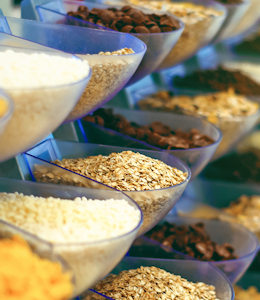
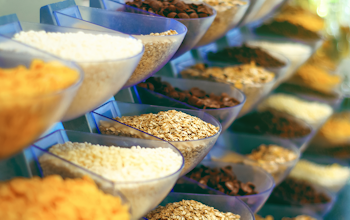
You may also be interested in…
14 Allergens: The different Cereals containing Gluten
ReadAllergies to dust mites, pollen and even food can trigger asthmatic symptoms such as difficulty breathing.
Eczema is another condition linked to both allergies and asthma.
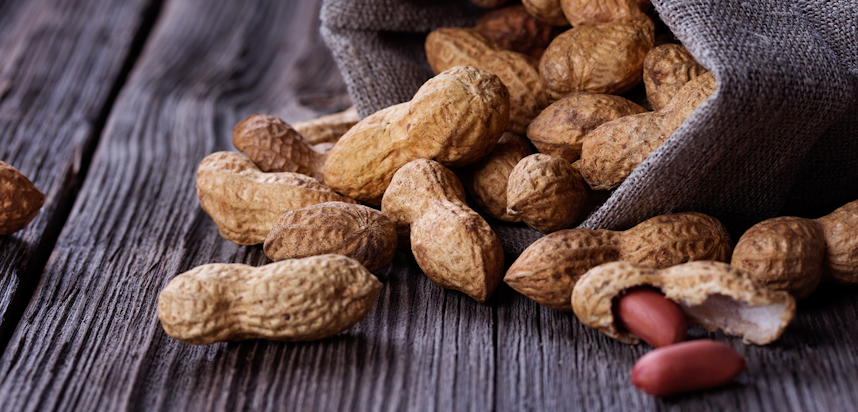
What is the number 1 most common food allergy?
An allergy to Peanuts is thought to be the most common in the UK. Allergy UK reports that currently around 1 in 50 children have a Peanut allergy, with numbers continuing to rise.
Are mushrooms an allergen?
Mushrooms are not among the 14 major food allergens, though it’s not impossible to have a mushroom allergy.
